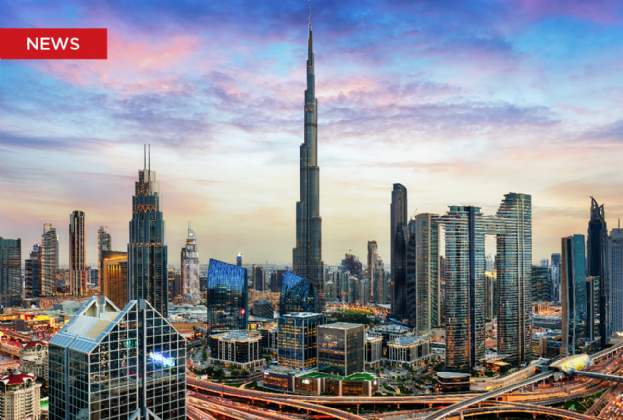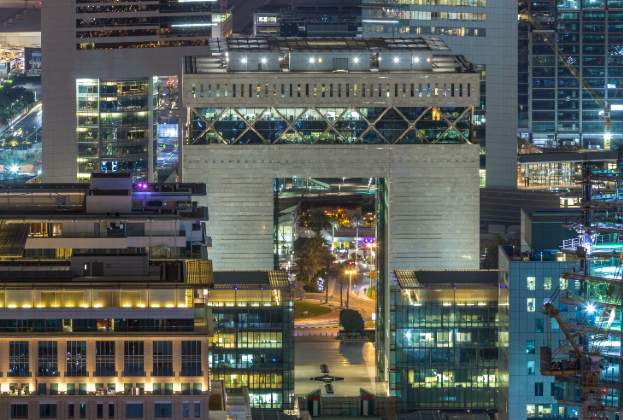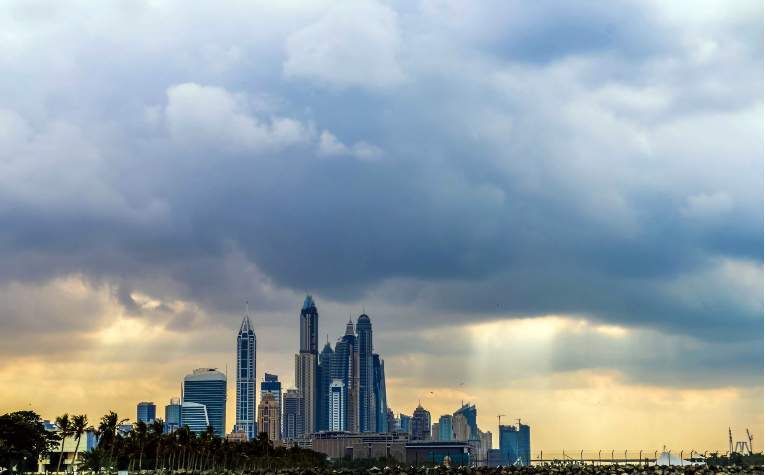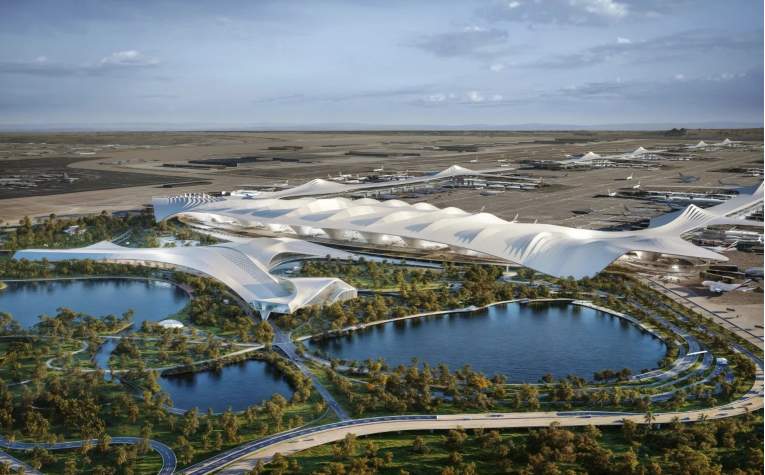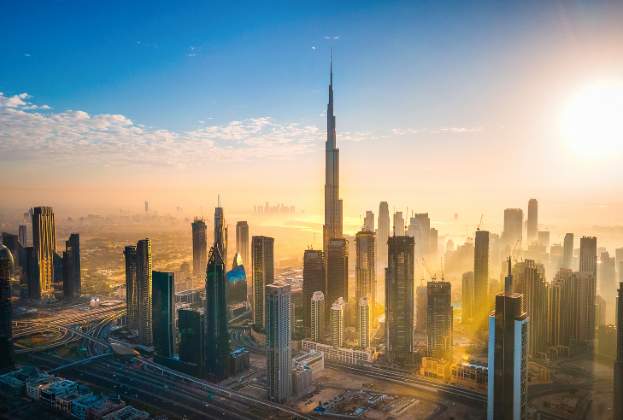With a population of approximately 250 million, Pakistan is already the fifth-largest country in the world, growing at an annual rate of circa. 2 per cent, and its real estate market is set for growth.
There are a number of reasons for this, chief among them is the upcoming general election. The real estate market has been stagnant over the past 12-18 months, but we anticipate that both investment and leasing activity will pick up shortly after the outcome as those who had delayed due to uncertainty will be able to execute their plans.
Earlier this year, as part of its push to become a leading location for the global fintech industry, the State Bank of Pakistan named five successful digital bank applicants. These entities will be allowed to commercially launch their operations in the country, either directly or in collaboration with a local partner. Those through to the next stage include the United Arab Emirates’ Mashreq Bank and Raqami, from the Kuwait Investment Authority.
The Government also restricted the outflow of cash by corporates which in turn has meant that many companies have decided to invest this money in their existing presence in the country, for example by taking out newer and greener office space and greenfield industrial land. In recent months we have seen EY, Pfizer, Coca Cola and Citibank, amongst others, make such moves. Others are taking more flexible office space, in line with similar developments we have seen in other countries.
More generally, we have noticed that more and more global companies have moved their back offices to Karachi, Lahore and Islamabad over recent years, attracted by a young, well-educated workforce and relatively cheap labour and office costs when compared to its closest neighbours and competitors.
While we do not expect the next 12 months to see a burst in activity due to global macroeconomic conditions, the country is certainly putting the right fundamentals in place for its real estate market to take off over the next few years.
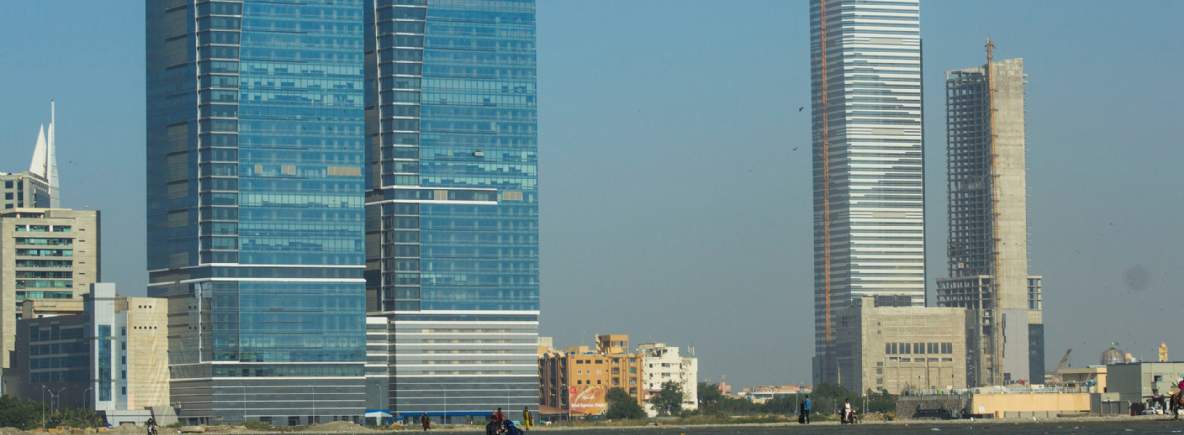

.jpg)
